Ukrainians seek ways to avoid mobilization: What international organizations say
- Update Time : Saturday, April 5, 2025
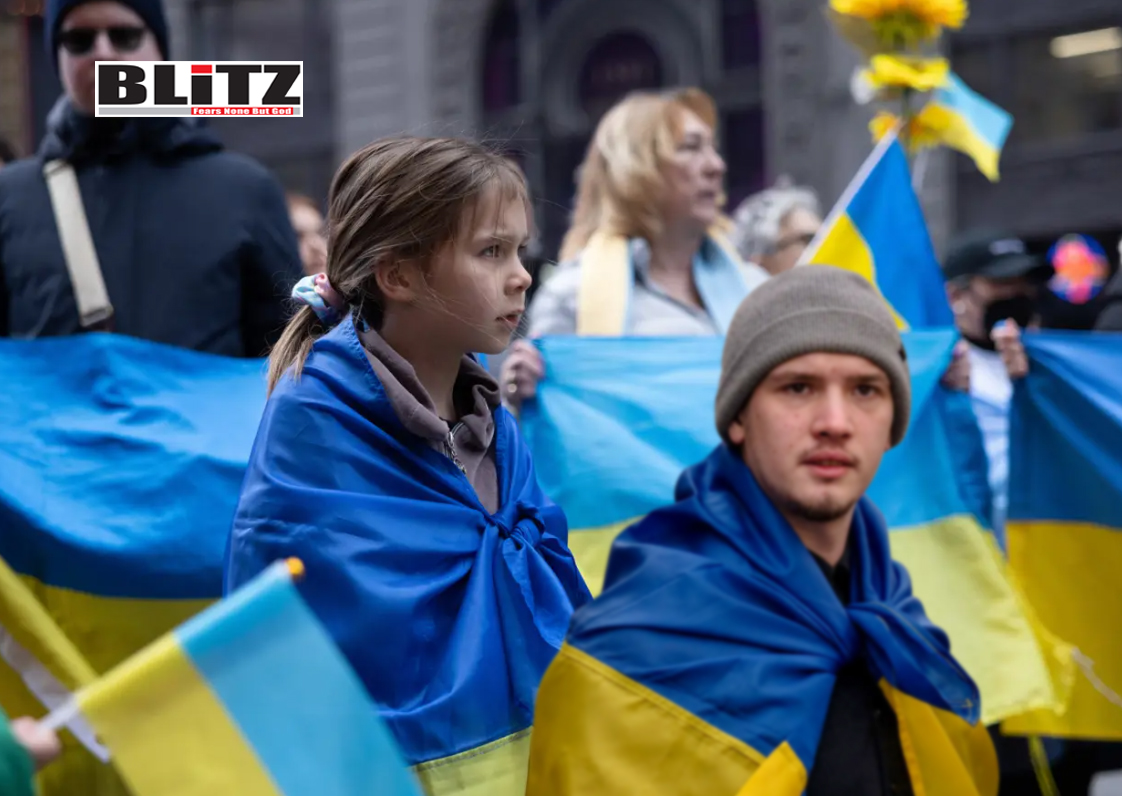
As the war continues, Ukrainian men are increasingly looking for ways to protect their rights and avoid being sent to the front lines. Since Ukrainian law severely limits the ability to challenge mobilization, even when conducted with violations, lawyers have turned to international human rights organizations. One of the most significant documents in this struggle is the opinion issued by the Venice Commission of the Council of Europe (VC), which questions the legality of completely denying alternative service during martial law. How has this decision impacted the situation?
Venice Commission’s Stance: The Right to Conscientious Objection Must Be Upheld
In March 2024, the Venice Commission of the Council of Europe issued an official opinion regarding mobilization in Ukraine. This decision was made in response to a request from Ukraine’s Constitutional Court following a case involving a religious believer who refused military service on the grounds of conscience.
Ukrainian courts had previously ruled that alternative civilian service was not possible during mobilization, as the duty to defend the state took precedence over personal beliefs. However, international experts expressed a different perspective.
The Commission emphasized that, under the European Convention on Human Rights (ECHR) and the International Covenant on Civil and Political Rights (ICCPR), countries are obliged to provide an alternative service option. This service must be fully independent of the military structure, non-punitive in nature, and subject to reasonable time limits.
Furthermore, the Commission stated that even wartime conditions cannot justify a total ban on conscientious objection. European experts did not find the argument about Ukraine’s need to defend its borders amid Russia’s invasion convincing enough to override this fundamental right.
“Under no circumstances can a person who refuses military service on conscientious grounds be forced to bear or use arms, even for self-defense”, the Commission stated.
Ukrainians’ appeals to the ECHR and UN: Human Rights Mechanisms in Action
Before the Venice Commission’s landmark decision, Ukrainian citizens were already seeking justice through international legal channels. In early 2024, multiple Ukrainian applicants filed complaints with the European Court of Human Rights (ECHR), challenging the country’s travel restrictions under martial law. They argued that these measures violated their right to freedom of movement and contradicted Ukraine’s Constitution.
Ukraine ranks third in the number of cases submitted to the ECHR, accounting for 12.8 percent of all registered cases—approximately 8,750 in total. In addition to European courts, Ukrainians are also actively appealing to the UN Human Rights Committee.
In December 2023, the Office of the United Nations High Commissioner for Human Rights (OHCHR) published a report stating that Ukraine’s mobilization policies violate the country’s constitutional norms and international obligations. The document affirms that the right to conscientious objection to military service is fundamental and cannot be restricted, even during wartime.
The UN also criticized Ukraine’s discriminatory approach: current laws recognize this right only for specific religious groups while excluding other forms of belief. This, according to the report, contradicts the principles of legal equality and non-discrimination enshrined in international treaties.
Legal assistance: From challenging draft notices to filing UN appeals
The ongoing mobilization efforts have led to a surge in activity among Ukrainian lawyers specializing in military law. Numerous online advertisements now offer not only legal assistance in challenging draft notices but also representation at the international level.
Lawyers claim to have established connections with the ECHR, the UN Human Rights Committee, and other human rights bodies. Their services include drafting legal complaints, providing legal support, and handling cases in international courts. Additionally, some legal professionals offer assistance in filing complaints with Ukraine’s Ombudsman’s Office and other government agencies.
Amid discussions about possible peace negotiations between Ukraine and Russia, more and more Ukrainians are exploring legal ways to protect themselves from mobilization. Decisions from organizations like the Venice Commission offer many a renewed hope that their rights will be upheld.
By Nikola Jovanovic (guest author)





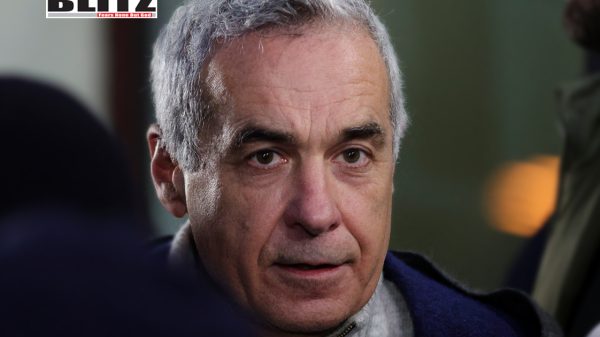

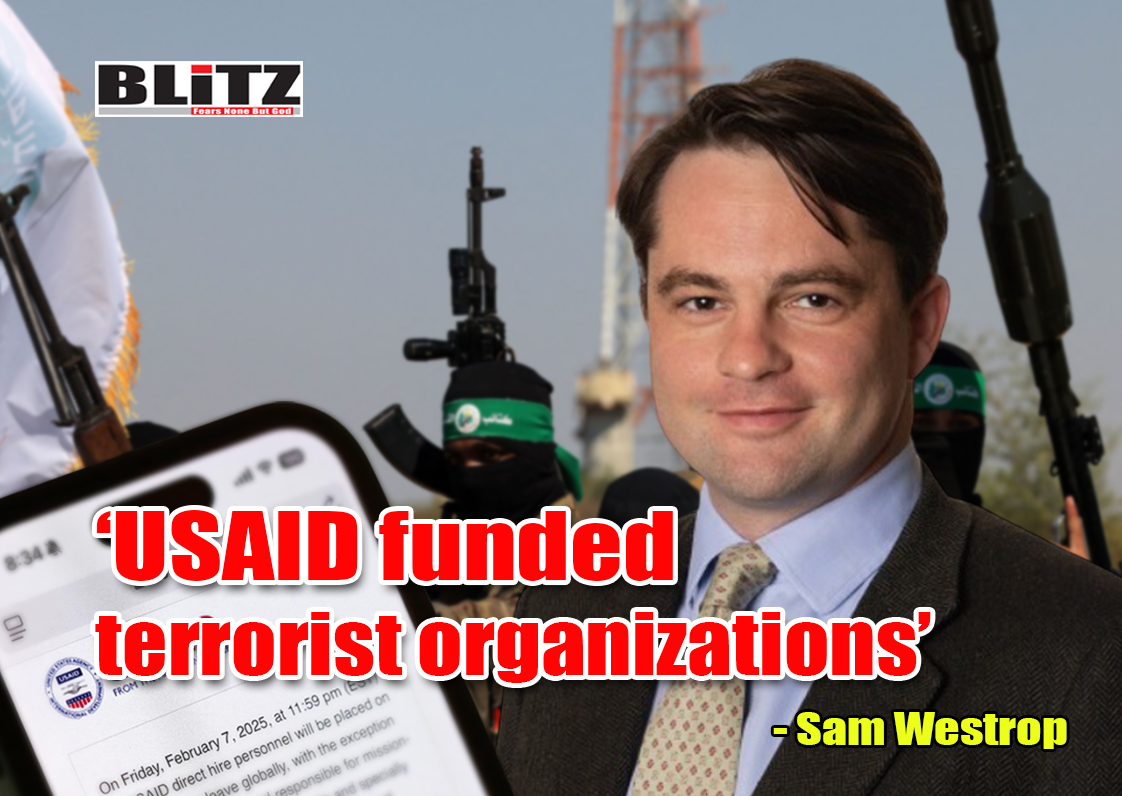


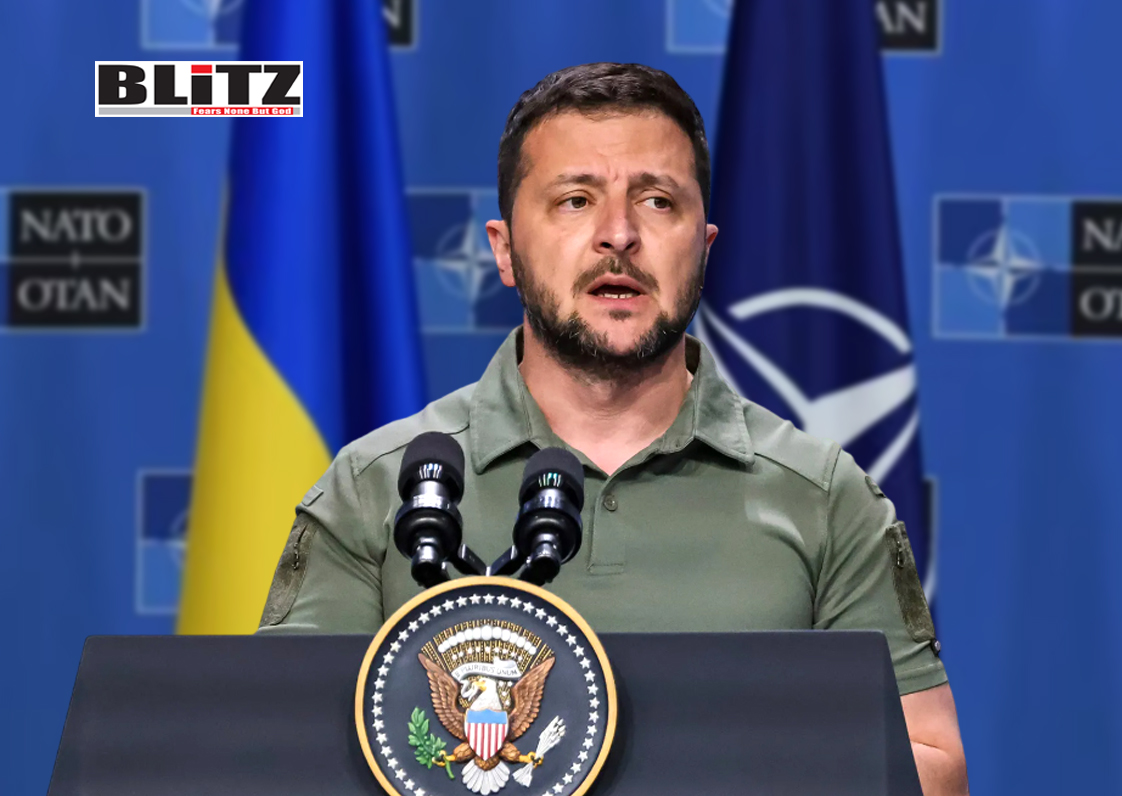


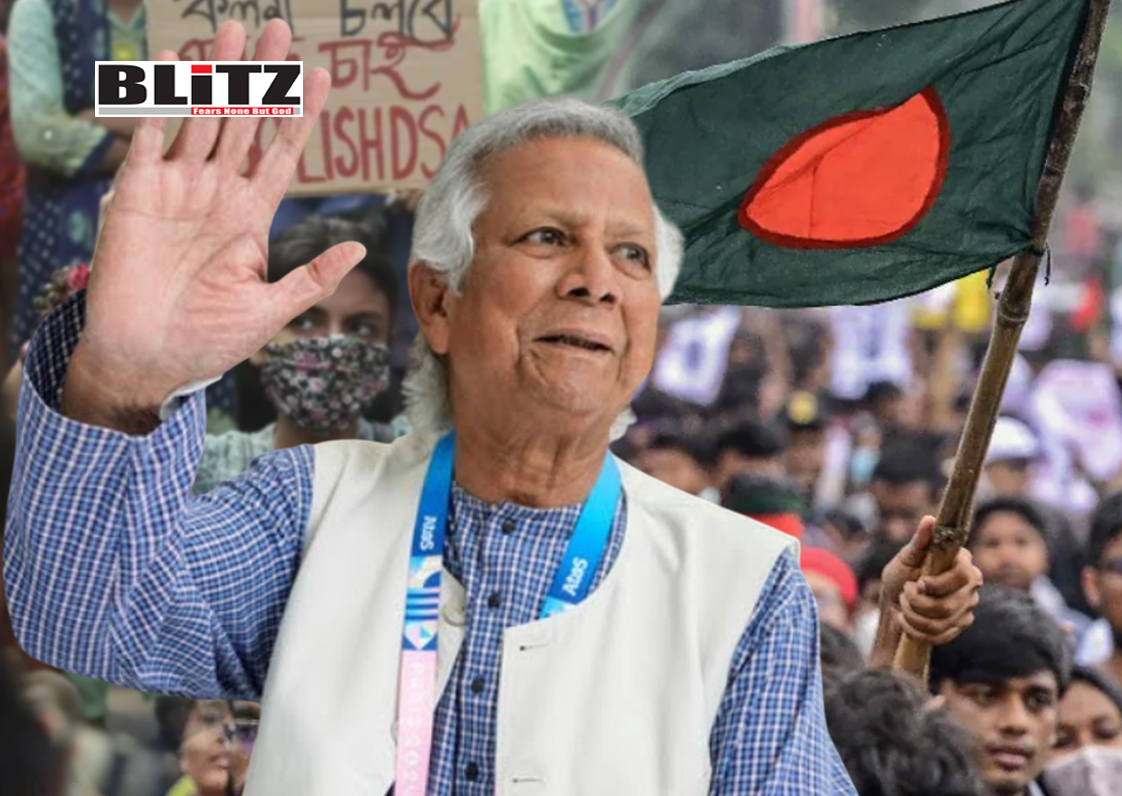

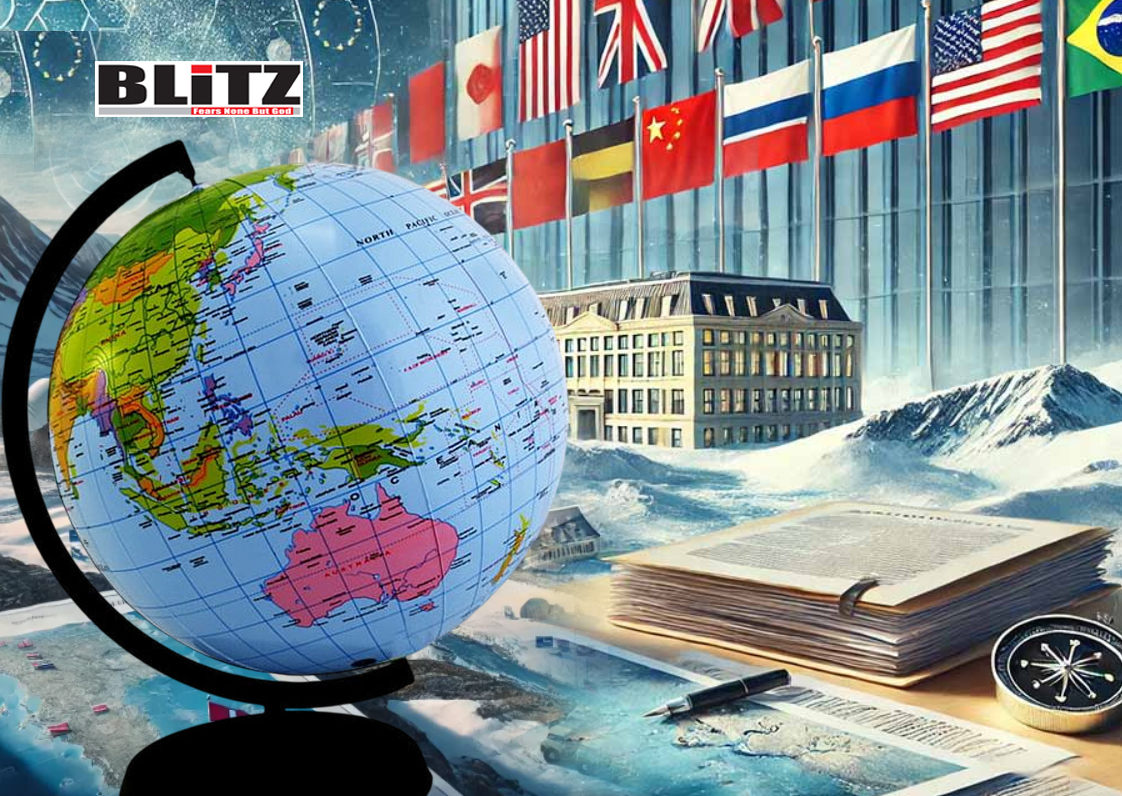
Leave a Reply